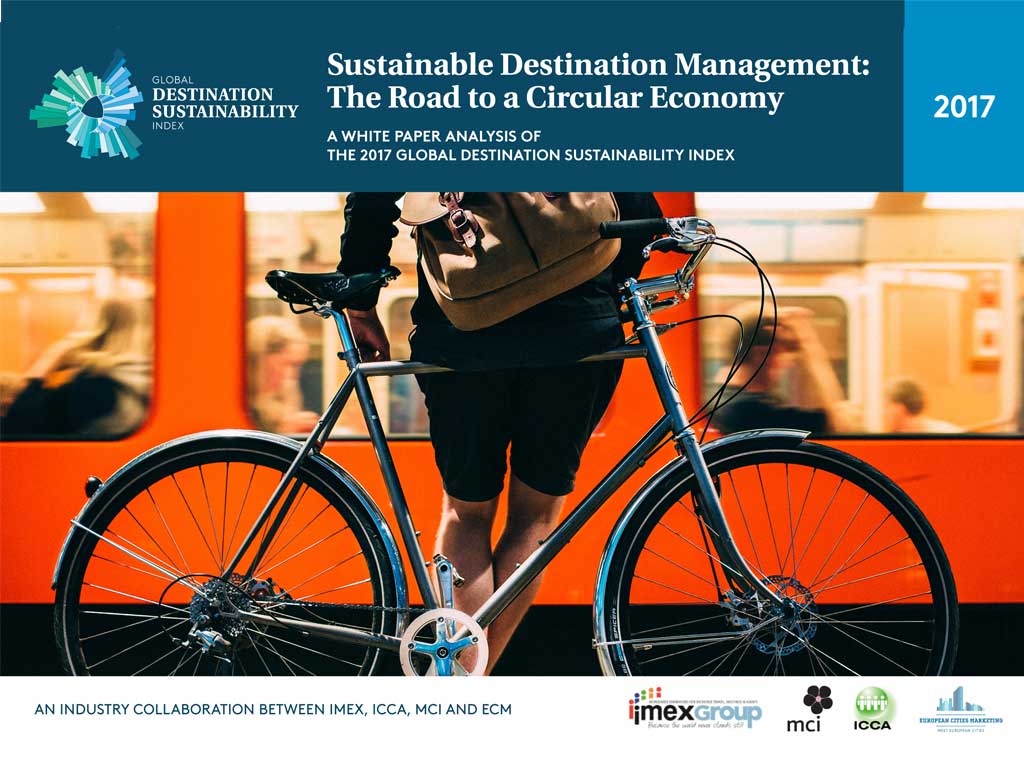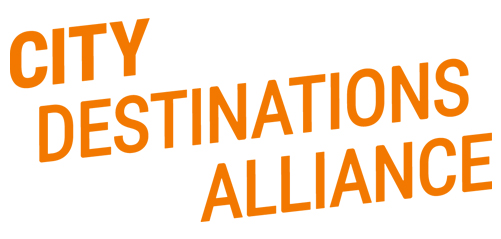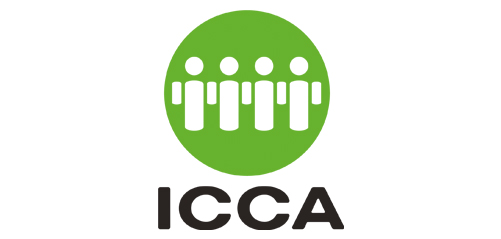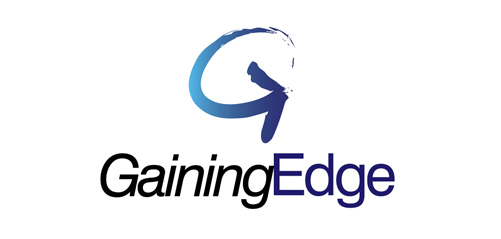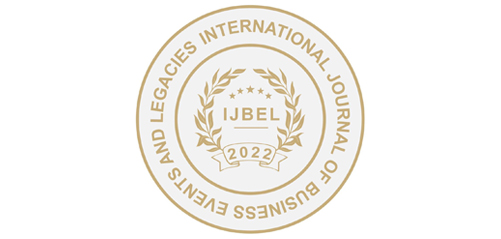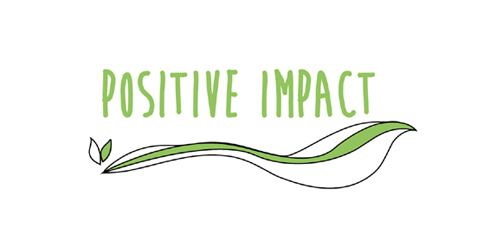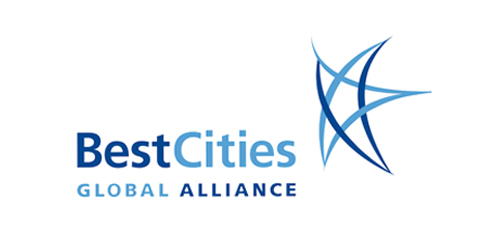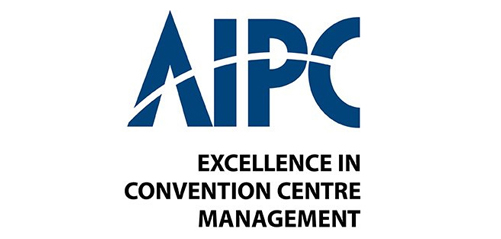When city convention bureau leaders at ICCA’s Scandinavian Chapter set up the first Scandinavian Destination Sustainability Index – the precursor to the Global Destination Sustainability Index – they had two primary objectives: to drive sustainability across the region through competition, collaboration and raised consciousness, and to differentiate the Nordic region to non-European markets as the most sustainable region in which to hold international meetings.
Tremendous progress was made towards both goals in a very short period of time, but then, rather than purely retaining that competitive advantage, the Scandinavians approached ICCA, IMEX and MCI to take the programme to the next level by expanding it globally. ECM joined later in 2017.
It is quite unique that an initiative designed to create a marketing advantage for a destination is transformed into a resource to benefit society – and the planet – as a whole, and that is the foundation story of the Global Destination Sustainability Index (GDS-Index).
2017 was the second year in which 40 destinations from five continents have participated in the GDS-Index, each gaining their own business advantages through their involvement.
Following the philosophy of its Scandinavian founders, the creation of white papers to share this collective wisdom is a key element of GDS-Index – to reach far beyond the circle of active participants in the programme itself.
This second white paper focuses on how Destinations, by implementing active and well-designed sustainability strategies, contribute to creating a circular economy.
Sustainable Destination Management: The Road to a Circular Economy (GDS-Index website reports and white papers section)
Sustainable Destination Management: The Road to a Circular Economy (white paper)

